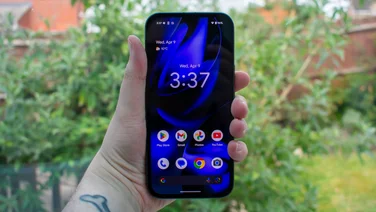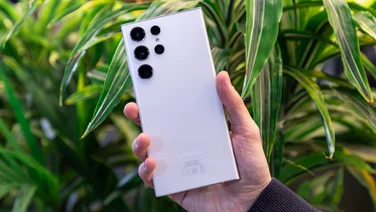To help us provide you with free impartial advice, we may earn a commission if you buy through links on our site. Learn more

British mobile phone companies should unlock handsets for free, making it easier for people to switch when they come to the end of their contract. Unlocking a mobile phone can be an expensive and confusing venture, with many people unaware of how to do it or how much it should cost. Consumer group Which said that a massive 82 per cent of people it surveyed thought providers should unlock phones for free when a contract ends. A similar number of people, 77 per cent, said it was frustrating that their phone was locked to a specific network. The survey of just over 2,000 UK adults found that many feel ripped off and constricted by their mobile phone contracts. Mobile phone companies also need to be clearer about when a contract is coming to an end and communicate this to customers. Seven in ten people said they would spend more time hunting down the best deals if such information was better communicated. Only 40 per cent of people trusted their mobile phone provider to choose the best deal for them when their current contract ran out, Which said. O2 doesn’t charge customers on contract to unlock their phone, but pay-as-you-go phones cost £15 to unlock. EE charges both contract and pay-as-you-go customers £20.42 to unlock and will only do so after six months. Vodafone charges £19.99, while Three said all its handsets sold this year were unlocked and that anyone who purchased a phone beforehand can unlock it free of charge. Tesco charges £20 within the first 12 months and Virgin Mobile charges £15.32 to unlock pay-as-you-go phones. Which said there was “wide variation” in the rules around unlocking handsets.
“Mobile phones are an essential part of daily life for many people and consumers shouldn’t be locked into contracts that do not suit their usage,” said Which executive director Richard Lloyd.




